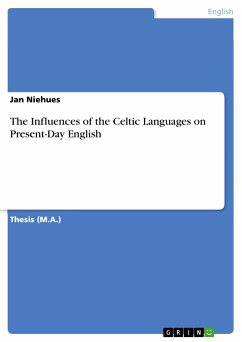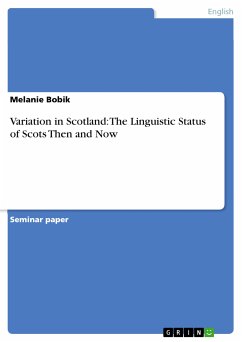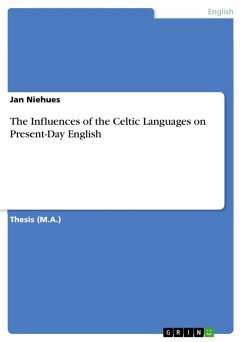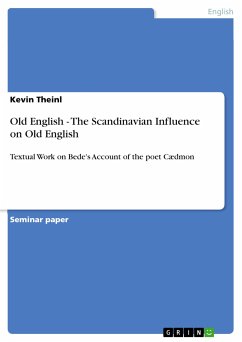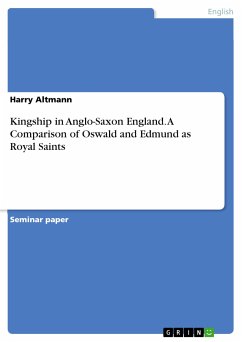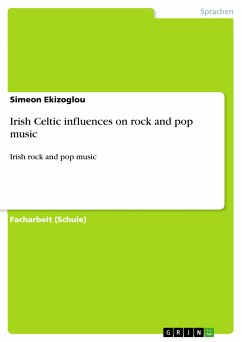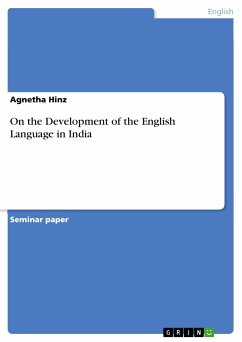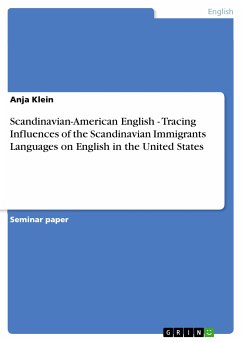Thesis (M.A.) from the year 2006 in the subject English Language and Literature Studies - Linguistics, grade: 1, University of Marburg, language: English, abstract: The perceived lack of Celtic loanwords in English has generally been seen as proof that the Anglo-Saxon invaders made short notice of their Celtic predecessors when they took possession of Britain during the fifth century. Thus, the Celts simply would not have had the chance to leave their mark on the English language as they were either killed, driven into the sea or had to take refuge in the mountainous West and North of Britain. The possibility of any Celtic influence on the very structure of English has been discounted altogether. In recent years, this view has met mounting opposition from different fields of study. New archaeological evidence as well as a methodological reassessment have called for a examination of the history of the Anglo-Saxon immigration. Besides, new advances in contact linguistics provide tools with which a more detailed look on the history of the English language has become possible.

